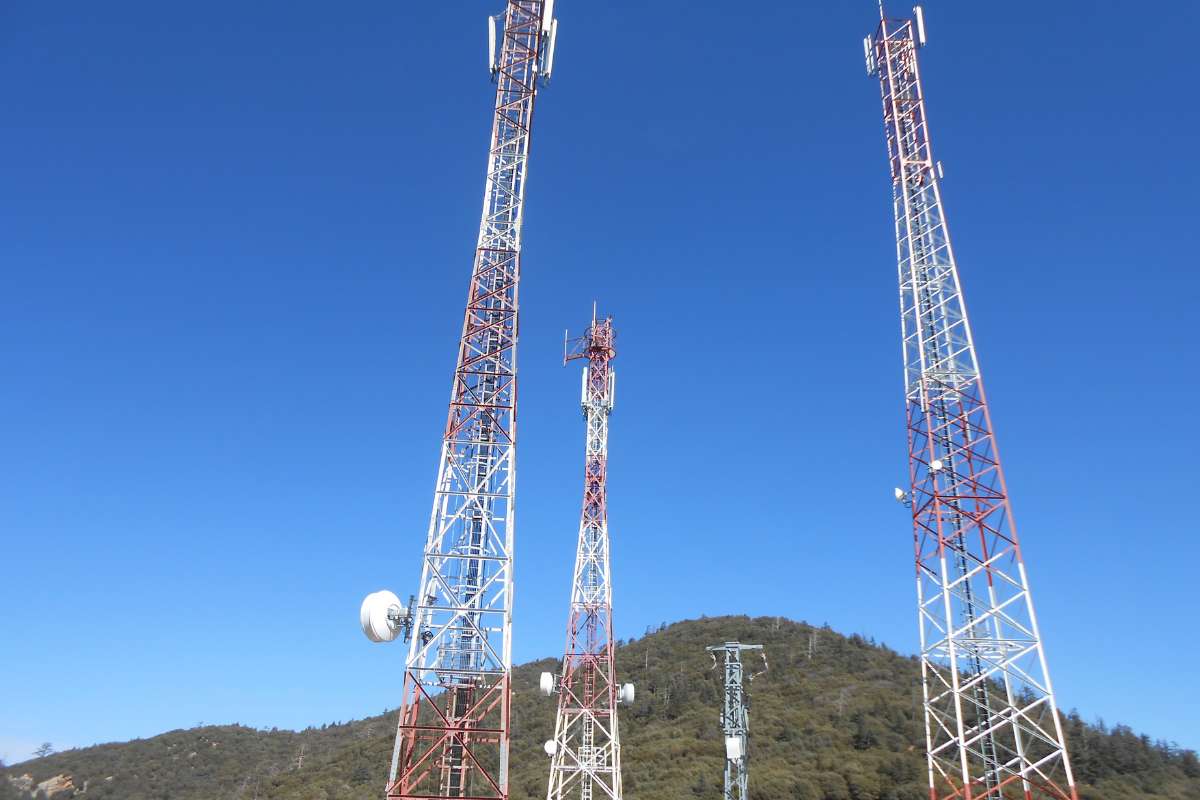
In an order dated December 26 that was released on Thursday, Department of Telecommunication (DoT) stated that the actual adjusted gross revenue (AGR) shall be taken after removing revenue from landline services for the purpose of computing total SUC payable with the weighted average technique.
AGR To Remove Revenue From Landline Services
The Department of Telecommunications (DoT) has stated that while calculating the spectrum usage charge, a telco's adjusted gross revenue will remove revenue from landline services. Telcos pay SUC based on the quantity and timing of the airwaves owned, on a weighted average basis.
The most recent DoT explanation relates to an earlier order from June 21, 2022, in which the government abolished the 3% floor on SUC, a move that was greatly welcomed by Reliance Jio, Bharti Airtel, and Vodafone Idea.
Telcos used to contribute between 3 and 4 percent of AGR to SUC, but since the 3% floor was eliminated in June, their contributions have dropped to less than 1 percent of AGR. Operators pay the government a licence charge equal to 8% of their AGR. Therefore, a lower AGR indicates that telcos will contribute less to these taxes. On the basis of AGR, quarterly payments are made for regulatory levies like SUC and licence fees.
According to an ET report, a top brokerage's telecom analyst argued that the DoT's clarification makes sense because landline services don't require spectrum, and as a result, AGR shouldn't include landline revenue when calculating a telco's SUC. DoT has already abandoned SUC on airwaves purchased in upcoming spectrum sales commencing with the 5G airwaves sale that was completed in August 2022.
The idea of applicable gross revenue (ApGR), which is calculated by eliminating any non-telecom revenue collected by telcos from their gross revenue, was introduced by the DoT more than a year ago, revising the definition of adjusted gross revenue (AGR). Following a further removal of non-telecom service-related components, such as roaming revenue distributed to other eligible/entitled telecommunication service providers, the AGR is calculated from ApGR.















